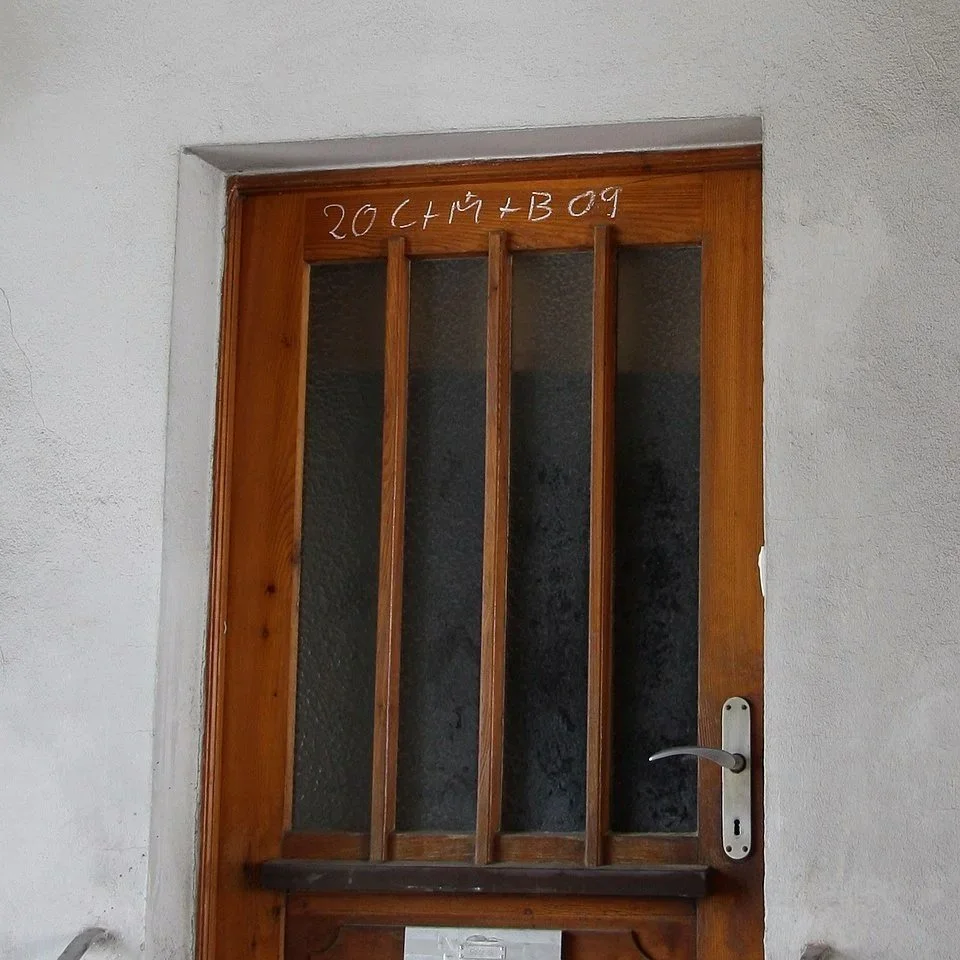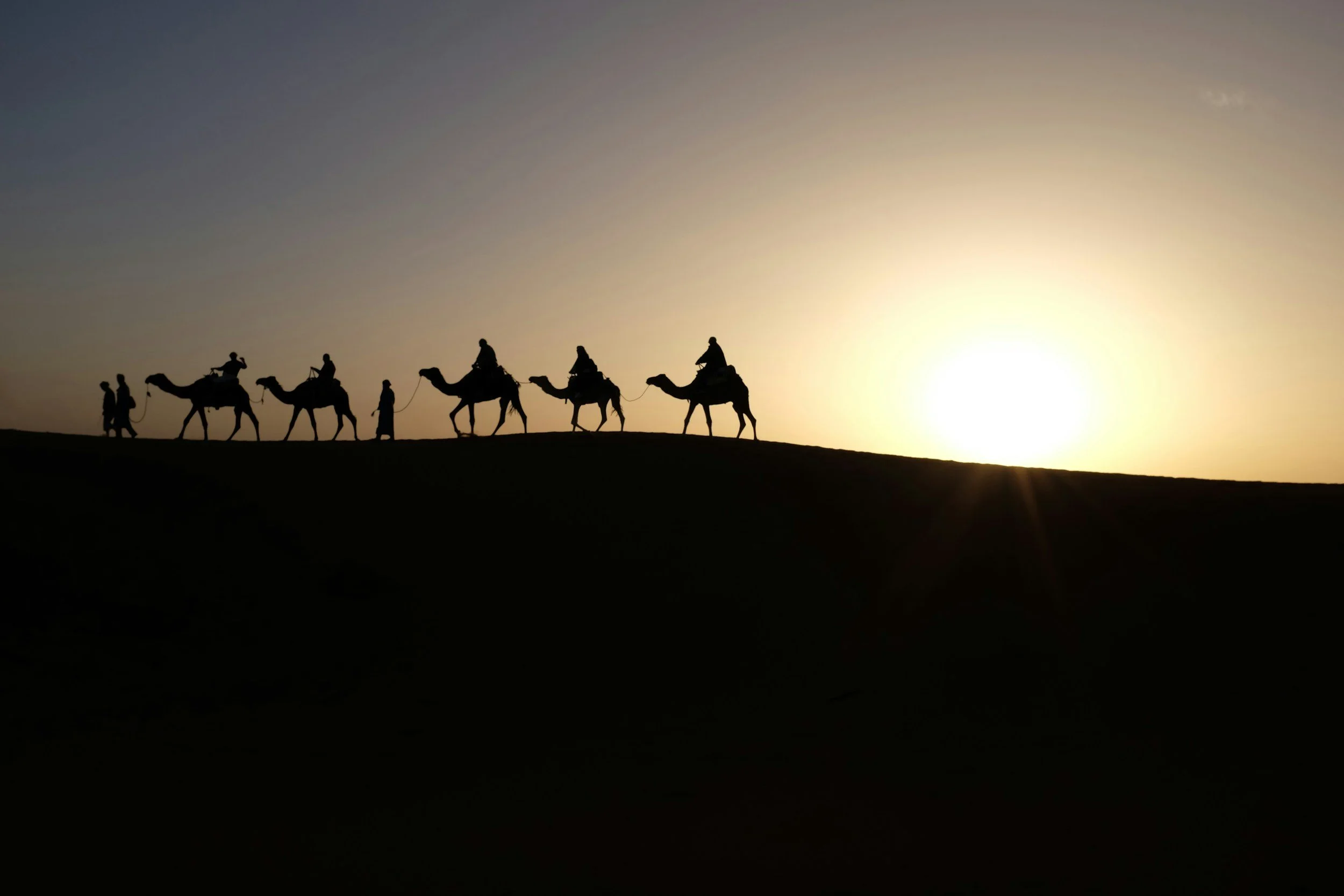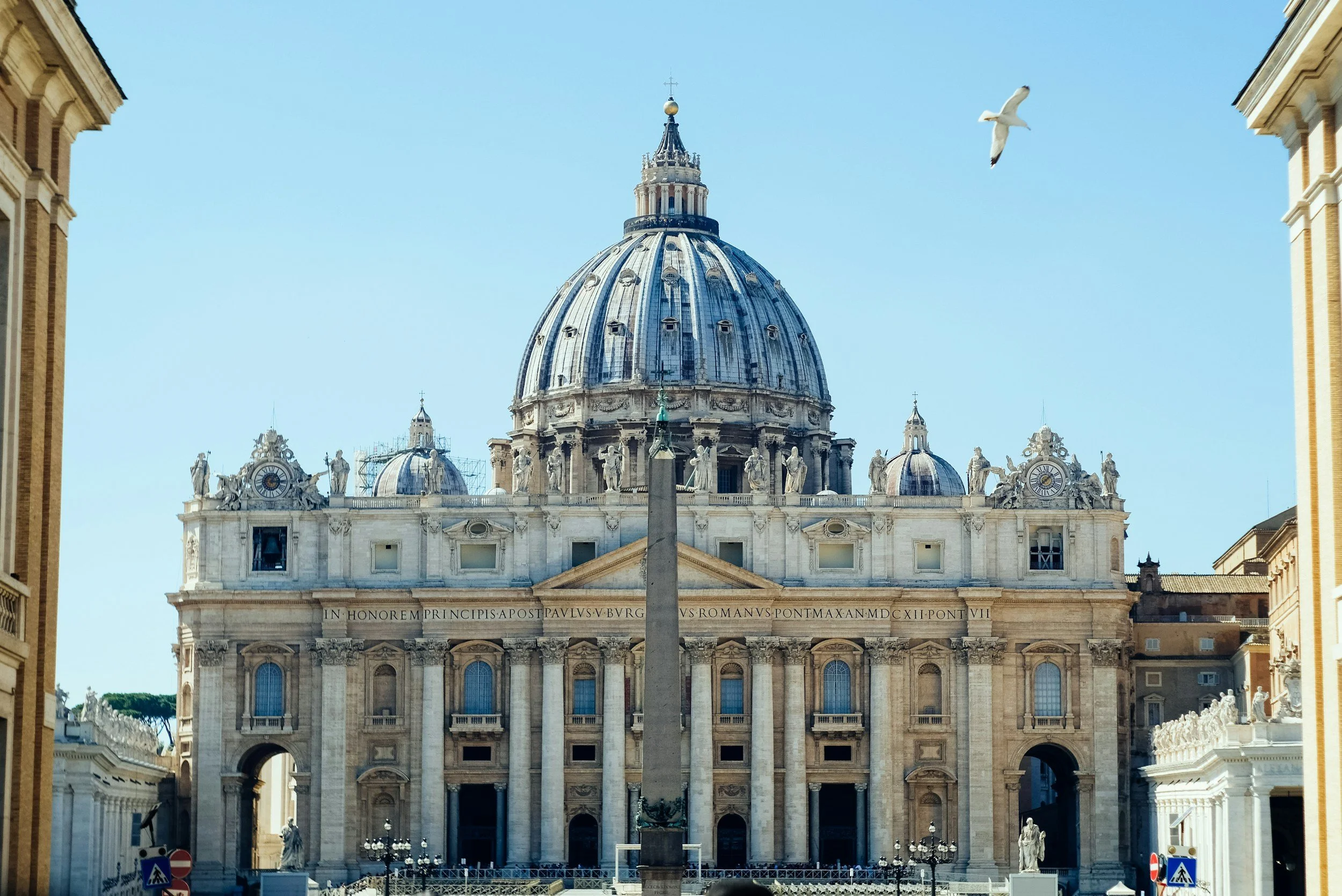One of Pope Francis’s most (in)famous utterances was his airplane interview where he asked ‘Who am I to judge?’ with regards to gay people.
The broader context of that conversation has mostly been forgotten, namely that it was as much about Freemasons as gay people (you could argue he even conflated the two).
Francis said:
I believe that when you are dealing with such a person, you must distinguish between the fact of a person being gay and the fact of someone forming a lobby, because not all lobbies are good. This one is not good. If someone is gay and is searching for the Lord and has good will, then who am I to judge him? The Catechism of the Catholic Church explains this in a beautiful way, saying ... wait a moment, how does it say it ... it says: “no one should marginalize these people for this, they must be integrated into society”. The problem is not having this tendency, no, we must be brothers and sisters to one another, and there is this one and there is that one. The problem is in making a lobby of this tendency: a lobby of misers, a lobby of politicians, a lobby of masons, so many lobbies. For me, this is the greater problem.
Freemasonry has long been banned by the church, with Masons playing a pivotal historical role in the persecution of Catholics in Mexico, the USA and Ireland.
It is the subject of more papal encyclicals than any other topic, though it is rarely talked about publicly today as they have successfully convinced people that they are merely a charitable organisation rather than a subversive anti Catholic group that covertly maintains its grip on Western society.
Responding to queries from bishops in the Philippines, Pope Francis has now reiterated the church’s opposition to membership of Masonry, saying:
Recently, His Excellency, the Most Rev. Julito CORTES, Bishop of Dumaguete, after explaining with concern the situation caused in his Diocese by the continuous rise in the number of the faithful enrolled in Freemasonry, asked for suggestions regarding how to respond to this reality suitably from a pastoral point of view, taking into account also the doctrinal implications related to this phenomenon.
Membership in Freemasonry is very significant in the Philippines; it involves not only those who are formally enrolled in Masonic Lodges but, more generally, a large number of sympathizers and associates who are personally convinced that there is no opposition between membership in the Catholic Church and in Masonic Lodges.
To address this issue appropriately, it was decided that the Dicastery would respond by involving the Catholic Bishops’ Conference of the Philippines itself, notifying the Conference that it would be necessary to put in place a coordinated strategy among the individual Bishops that envisions two approaches:
(a) On the doctrinal level, it should be remembered that active membership in Freemasonry by a member of the faithful is forbidden because of the irreconcilability between Catholic doctrine and Freemasonry (cf. Congregation for the Doctrine of the Faith, “Declaration on Masonic Associations” [1983], and the guidelines published by the Catholic Bishops’ Conference of the Philippines in 2003). Therefore, those who are formally and knowingly enrolled in Masonic Lodges and have embraced Masonic principles fall under the provisions in the above-mentioned Declaration. These measures also apply to any clerics enrolled in Freemasonry.
(b) On the pastoral level, the Dicastery proposes that the Philippine Bishops conduct catechesis accessible to the people and in all parishes regarding the reasons for the irreconcilability between the Catholic Faith and Freemasonry.
Finally, the Philippine Bishops are invited to consider whether they should make a public pronouncement on the matter.
Saint Maximilian Kolbe reported seeing Freemasons in Rome once marching with banners saying that they would enslave the pope, showing images of Satan making Saint Michael his slave.




